Mdma crystal powder for sale australia
Mdma crystal powder for sale, Commonly known as ecstasy, MDMA has been central to the British acid house, rave and dance club scene over the last 20 years. Figures from the annual national British Crime Survey suggest that ecstasy use has declined since 2001.
Buy pure mdma crystal powder
“Molly,” the powder or crystal form of MDMA, the chemical used in Ecstasy, has been a popular drug at music festivals this year, CNN reports.
Molly, short for molecule, is considered to be pure MDMA, unlike Ecstasy, which generally is laced with other ingredients, such as caffeine or methamphetamine. According to Pax Prentiss, co-founder and CEO of Passages rehabilitation centers in Southern California, molly users tend to be ages 16 to 24.
MDMA powder, pills and crystal: the persistence of ecstasy and the poverty of policy
prevalence of use in dance club settings (eg. Deehan & Saville, 2003), it has also been reportedby club goers as their ‘favourite drug’ (Release, 1997; Measham et al, 2001) and has come to beseen as the ‘cultural signifier of a generation’ (Shapiro,1999:23). Yet figures from the British Crime
Survey, the most robust annual national household survey, suggest that self-reported consumption of ecstasy has declined. This paper addresses this apparent decline in ecstasy in the official statistics alongside the emergence of a ‘new’ form of ecstasy in recent years – known as MDMA powder or MDMA crystal – and considers the extent to which this can be seen as a successful recommodification or rebranding of ecstasy as a higher priced, higher quality product. Ecstasy users, notably in dance club contexts, may be switching to MDMA powder/crystal primarily as a result of growing disenchantment with cheap, easily available, but poor quality2 , less culturally appealing, ecstasy pills. However, caution is required here regarding the scale of this substitution of pills with powder/ crystal; it would seem that MDMA powder/ crystal is being added to some weekend poly drug repertoires and taken alongside ecstasy pills, rather than simply acting as a replacement.
Ecstasy trends – official and alternative sources Mdma crystal powder for sale australia
Self-reported past year ‘ecstasy’ use for 16–24 year olds peaked at 6.8% in 2000/1 in the British Crime Survey (BCS) and has fallen each year since then, with the most recent figures reporting 3.9% past year ecstasy use in this age group in 2007/8 (Kershaw et al, 2008:54). Among the general population aged 16–59, self-reported past year ecstasy use also fell from a peak of 2.2% in 2000/1 to 1.5% in 2007/8 (Kershaw et al, 2008:53). To date, the British Crime Survey does not distinguish between ecstasy pills and MDMA powder/crystal. What is not clear then, from British Crime Survey figures, is the extent to which this apparent decline in ecstasy use reflects at least in part a switch from the consumption of ecstasy in pill form to powder form. In earlier British Crime Surveys, respondents were asked if they had taken ‘ecstasy or ecstasy type pills’. While British Crime Survey terminology changed from ‘ecstasy or ecstasy type pills’ to the general term ‘ecstasy’ at the turn of the century, it is unclear the extent to which, if at all, BCS respondents realise that MDMA powder/crystal is ecstasy, and the extent to which self-reported MDMA powder/crystal use reported as ‘other’, is then recoded within the generic term ‘ecstasy’.. . . . . . . . . . . . . . . . . . . . . . . . . . . . . . . . . . . . . . . .
The lack of clarity in the question format and the potential confusion among users means that official statistics on ecstasy use since the emergence of MDMA powder/crystal in the early 2000s need to be treated with caution. In response to an apparent tailing off in ecstasy use first evident in the 2002/3 BCS, Measham (2004a) explored two possible explanations. First, significant changes in ‘price, access and availability’ resulted in ecstasy pills falling in price from a standard £15–20 in the early acid house and rave scene to £1–2 per pill (cheaper than most alcoholic beverages) by the early 2000s.
The cheapness and ubiquity of ecstasy pills thus resulted in a low profit margin and decreased financial motivation for suppliers disproportionate to their Class A status, coupled with a shift from ‘subcultural iconic status as the “cultural signifier of a generation”(Shapiro, 1999:23) to a cheeky supplement to a night’s drinking’ (2004a:313), and increased associations with younger teenagers. Indeed age remains an underexplored factor in dance club cultures generally, and ecstasy/MDMA powder/crystal consumption patterns specifically. The drop in the age of ecstasy initiation evident in recent schools surveys – from around 18–20 in the late 1990s (Meashamet al, 2001; Shiner, 2003) – and a widening of use beyond the confines of the dance club scene illustrate the growing allure and availability of the drug to younger teenagers, a process also noted in relation to cocaine (McCrystal & Percy, 2009). Second, after 10–15 years of ecstasy having been firmly rooted in dance culture as the club drug of choice, it is perhaps not surprising that ecstasy pills may be falling out of favour with adults. After all, ‘not only does each generation of young people want to make its own mark on the world (including the illicit world), subcultural value is not attached to certain style icons indefinitely’ (Measham, 2004a:312). Thus, the rebranding of ecstasy as MDMA powder/crystal potentially offers both increased profit margins for suppliers, and, for adult users of recreational drugs, an apparently ‘premium’ product with which to distinguish themselves from teenage ‘pillheads’:.
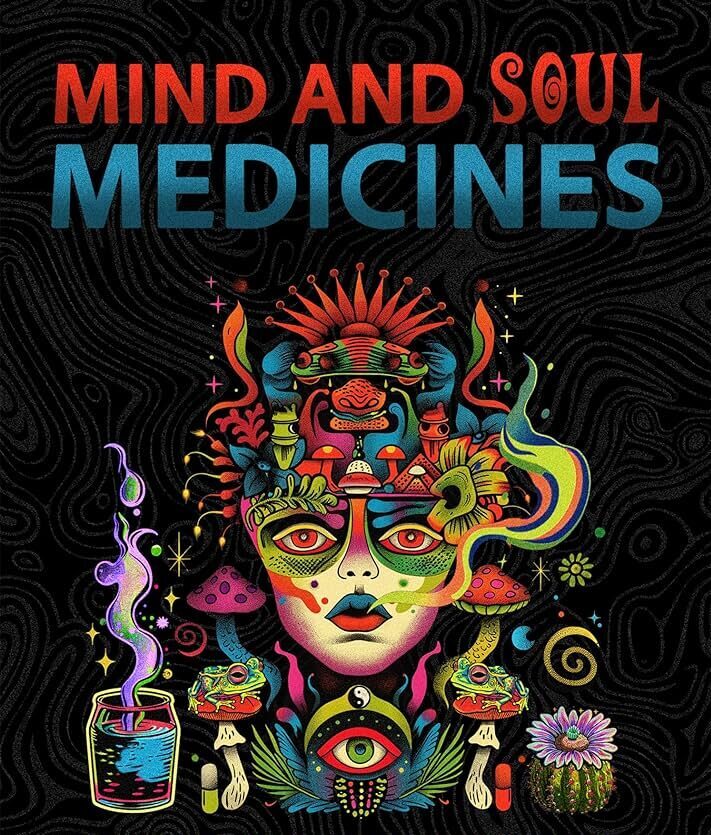
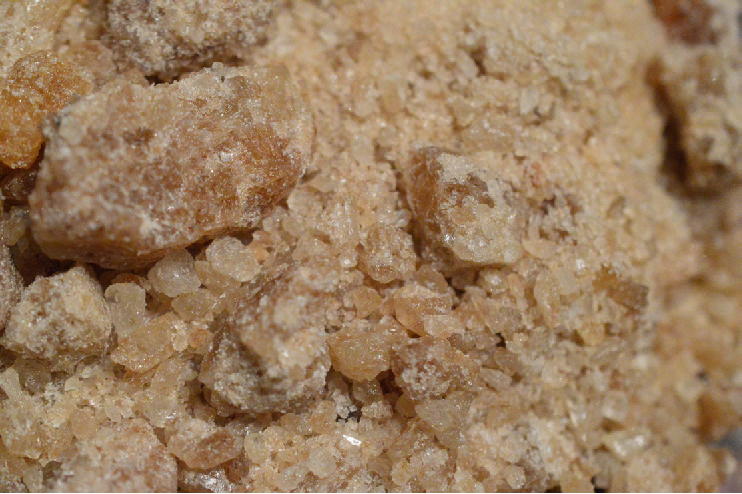
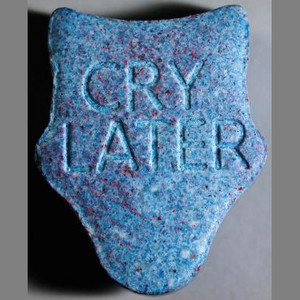

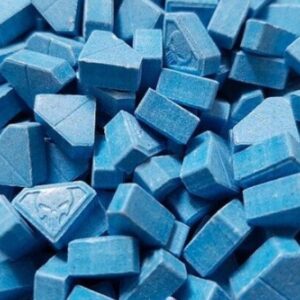
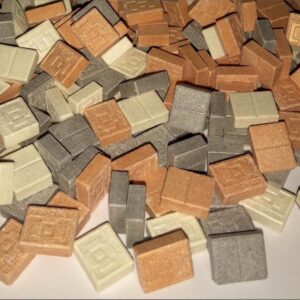
Reviews
There are no reviews yet.